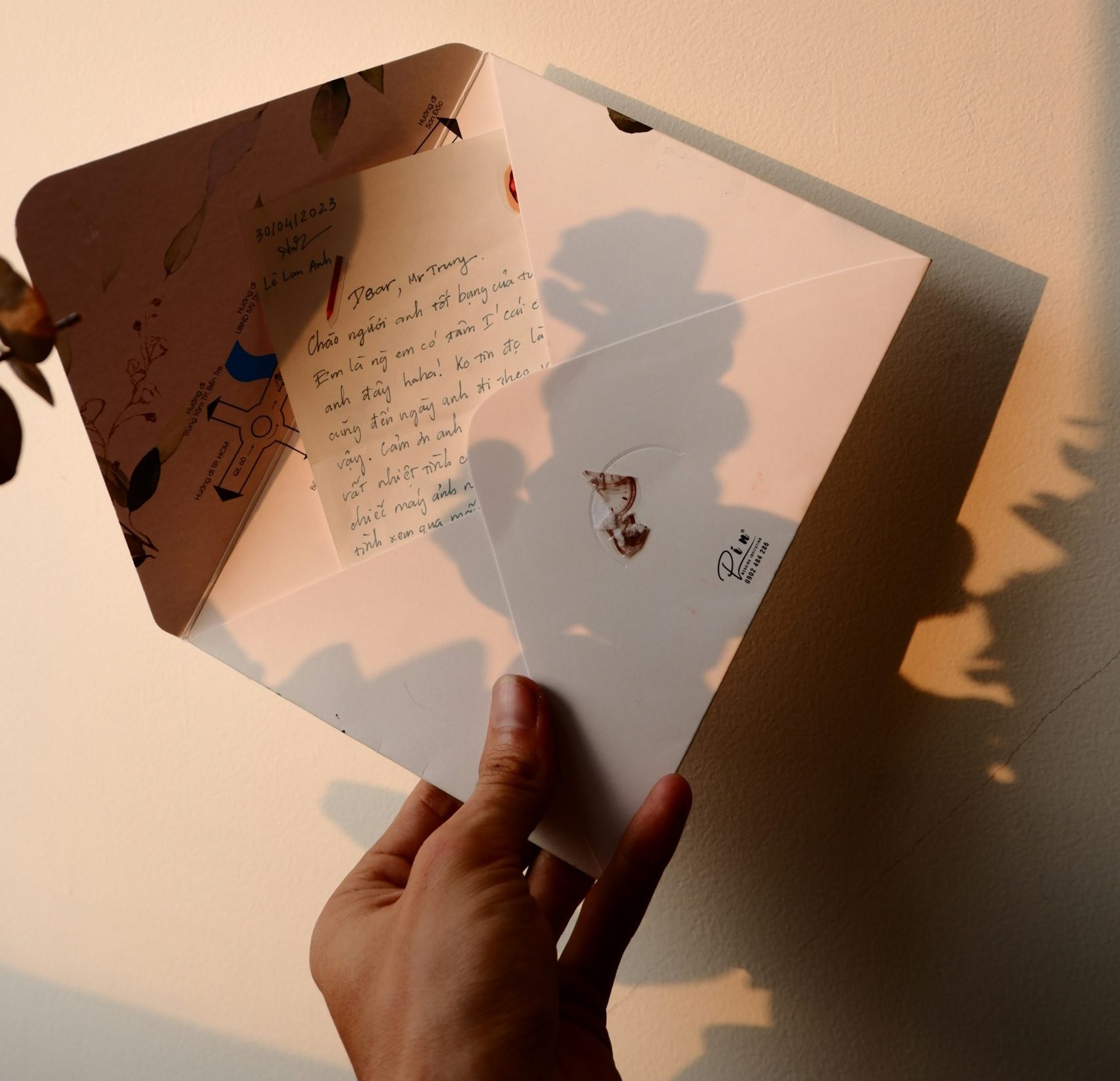Dear Ma,
I was twenty when I found your voice on radio, Irin Ajo Eda on Raze FM. I still remember the rhythm of your laughter that floated between adverts, the pauses that carried more truth than words. You lived up to your name: Adetayo, obinrin ti n b’afefe rin, the woman who soars with the wind. We even attended the same church back then, where we prayed fire prayers. So every word I heard you speak sounded like honey to my ears.
I listened wide-eyed as you spoke of women’s strength, of purpose, and of something I couldn’t yet name but felt deep in my chest. It was the audacity to exist beyond the narrow fences built for us.
Now, at almost 25, the world looks different from this side of the window. Of course, I am Gen Z, proudly of the soro soke generation. I am curious and loud when I must be, unwilling to inherit silence as legacy. I have not stopped believing in God, in destiny, in the invisible map that leads each woman where she is meant to go. But I no longer believe that map must always end in marriage. Rather, I believe that if and when marriage happens, it should be for the progress of both parties involved, starting from when it happens and beyond.
Thanks to education, I have unlearned the saying “kitchen l’obinrin ma pari si.” But sometimes, listening to your newer programs, I wonder if the older generation ever did.
One Monday, after the usual intro song by King Sunny Ade, you discussed the case of a madam whose husband was snatched by the house help. A middle-aged caller said, almost triumphantly, “Have we forgotten that saying?” I paused. Then reeled at the realization. That caller was female. She probably had daughters, who would also be blamed for the trespasses of their husbands, with a better “kitchen-girl”.
In a time when women are striving to enter the rooms where decisions about their bodies, their careers, and those of the next generation are being made, a woman still echoed that. I thought about the hospitals where women whisper their pain, and male doctors, uncertain of what female pain even means, prescribe weight loss as the ultimate cure. The problem isn’t always incompetence, it’s the absence of women in rooms where women’s stories are dissected.
But how can a society that still ties a woman’s worth to her ability to serve, cook, and stay silent ever progress?
I used to think your program spoke to young, eager, women like me. But lately, the tone has shifted. Every episode feels like a long sermon on endurance, like a regret for womanhood.
Maybe you haven’t noticed, ma, but girls are watching. Three-year-olds twirling in tulle gowns, told that their happiest day will be the one they wear white. Fourteen-year-olds married to men who call them iyawo mi before they even learn who they are. Have you seen the videos on TikTok, concerning the campaign to #EndChildMarriageInNigeria? Of girls whose eyes still hold sunlight, but their dreams are folded into kitchen aprons and maternity gowns, of which they might not return alive.
And the boys? They’re not being raised. They’re being instructed to make money to become men, as though everything would fall into place the moment they do. Hardly does anyone teach them tenderness. No one tells them that manhood is not conquest. Mothers shake their heads when their grown-up sons refuse to clean up after themselves. “This is because you are not married,” they say at the sight of stale, two months’ worth of worn clothes. And so, the wife becomes a glorified maid, her world shrunk to a cycle of laundry and lost ambition.
We raise boys who fear women who shine too brightly. They are told to “tame” their ambitious wives, like you would maybe a wild animal. He is told to keep her in her place at all cost because of his fragile ego. Afterall, he can’t help it.
True, the Bible in Apostle Paul’s words says, “Wives, submit to your husbands.” But it also says, husbands, love your wives as Christ loves the Church. And I wonder why that is not usually as hammered as the former, whether in church, on social media, or on air by people like you. Perhaps it’s because that kind of love bleeds, sacrifices, and protects, and it does not need to humble anyone.

So it wounds me when I hear you laugh on air after advising a woman to leave it for God when her husband refuses to fend for their children, but spends heavily on a side chick. “Invite him to your child’s wedding,” You said. “After all, he’s the father.”
Because no man who loves his wife will abandon her to motherhood’s solitude. And no woman should be told to baptize her pain with silence. Gba f’Olorun is not faith, ma. It is why so many women mistake unnecessary endurance for holiness.
Tell me, who is teaching the men? Who is teaching them that a woman is not a womb with legs? Who is teaching them that love is responsibility, not ownership? We keep excusing men with childish metaphors:
“He was tempted,” “Oh, he didn’t know better.” But they do know. And we all do.
You once said on air that a woman’s degree means little as long as she’s still in her father’s house. I remember that. But beyond this country, women and men are co-authoring history, leading discoveries, reshaping economies, curing diseases. Here, we still mock a woman with a PhD for being unmarried, as though intelligence loses value without a husband to witness it.
Perhaps your target audience has changed. Perhaps your words are now for the women who have stayed, who have built temples from endurance and call it testimony. I respect them. But ma, endurance is not the only inheritance we deserve.
Many of these women you counsel will tell you, if you listen beyond their endurance laughter, that they are the three legs of the marriage table with four legs, holding up the marriage like a trophy that must not fall.
And that is why I write, inviting you to see us. the daughters who still tune in, who still want to believe that faith and respect for the female gender can coexist, that grace can hold space for accountability.
We are not the women you raised us to be. We are the ones you prayed for, the ones who dare to dream, to speak, to leave when love turns cruel. And we will not sit quietly and inherit your silence.
Thank you for reading till the end, ma. May truth, when it comes, not sound like rebellion.
Yours truly, a concerned future leader.
Vocabulary
Kitchen l’obinrin ma pari si: A woman’s life ends in the kitchen.
Irin Ajo Eda: The journey of life
Soro Soke: Speak up (Slang from the EndSars Movement representing the audacity to not choose silence as the norm)
Iyawo mi: My wife
Gbaf’Olorun: Accept your fate/Believe it is God’s will







